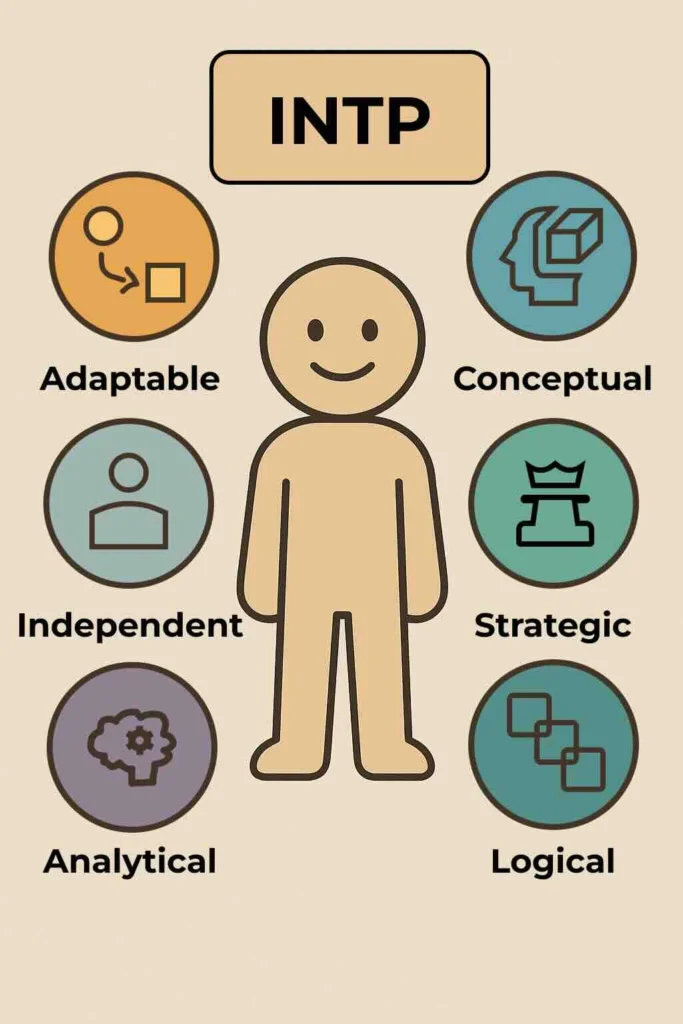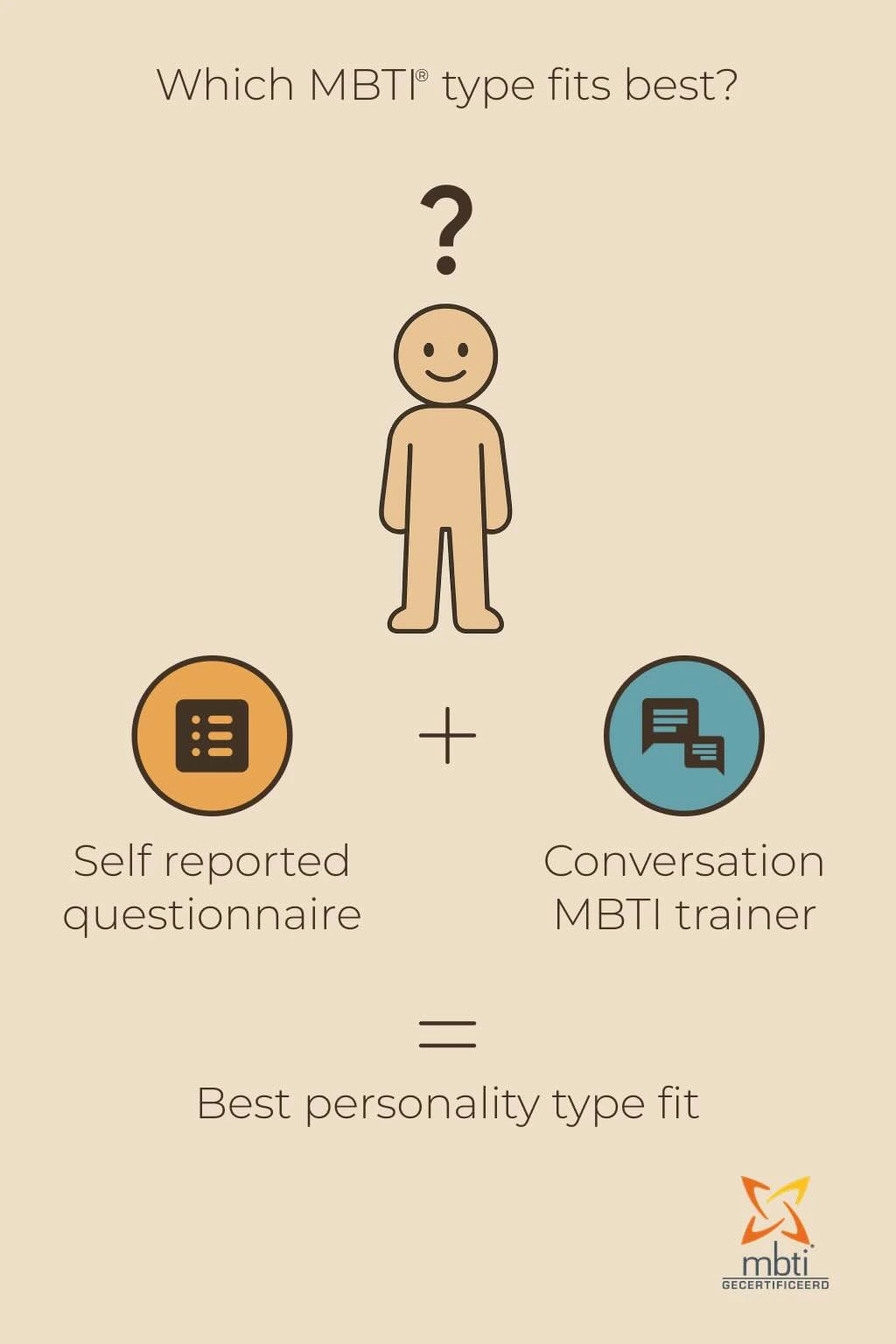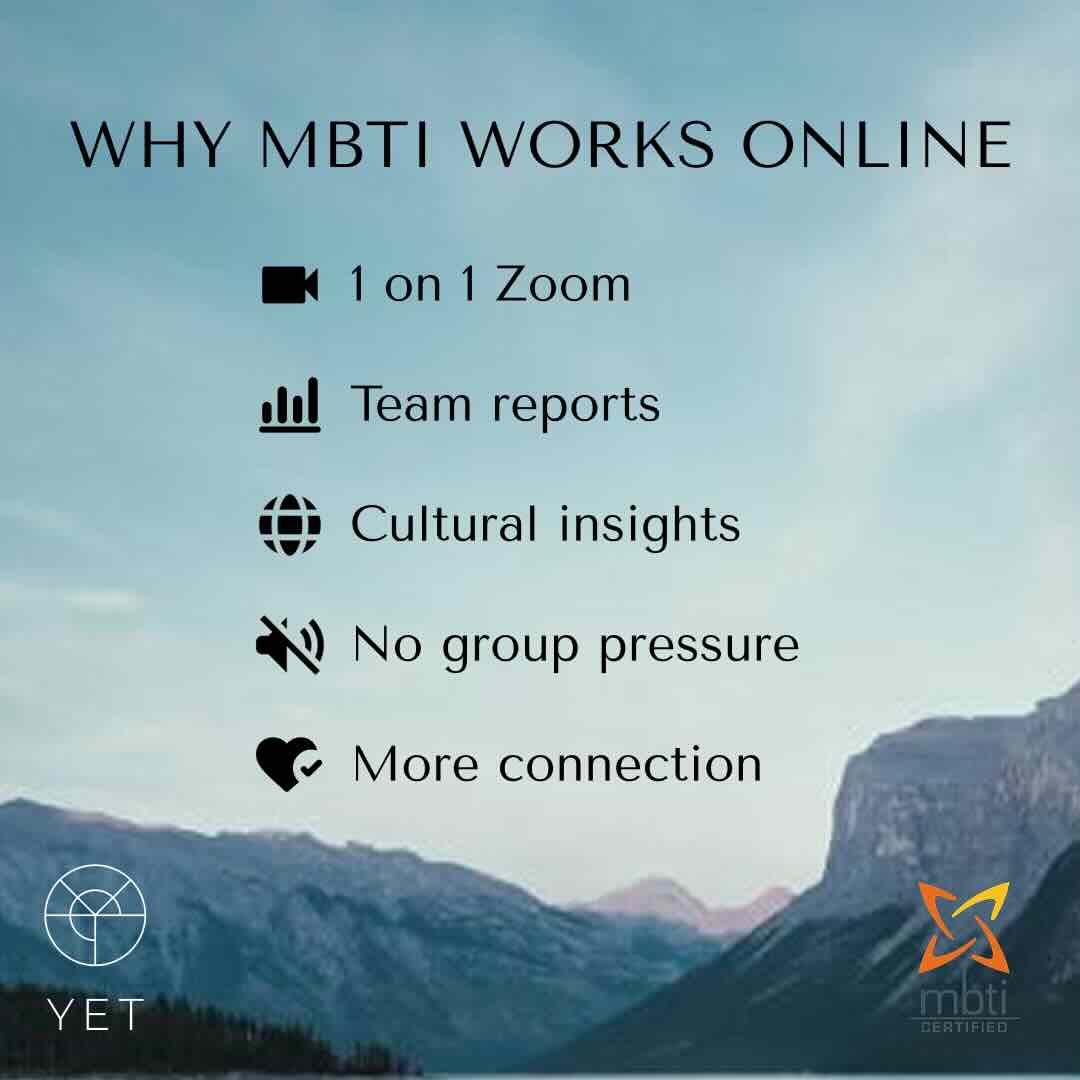INTP personality: The Objective Analyst
In the world of personality types, INTPs stand out as the thinkers and visionaries of the MBTI® framework. Known as the “Objective Analyst,” INTPs are intellectual, curious, and independent individuals who thrive on exploring complex ideas and solving theoretical problems. Represented by “Introverted, Intuitive, Thinking, and Perceiving,” INTPs often appear introspective and analytical, continuously seeking understanding and meaning in the world around them.
In this post, we’ll delve into the traits, strengths, challenges, and workplace dynamics of the INTP personality type. Whether you’re an INTP yourself or looking to understand one better, this blog will provide insight into the mindset of the Objective Analyst.
Core Traits of the INTP
1. Introverted (I):
INTPs recharge by spending time alone, reflecting on their thoughts and ideas. They enjoy deep, one-on-one conversations but often prefer to work independently rather than in groups.
2. Intuitive (N):
INTPs focus on concepts and abstract ideas rather than concrete details. They enjoy exploring possibilities and are drawn to imaginative and theoretical discussions.
3. Thinking (T):
Logical and objective, INTPs make decisions based on rational analysis. They prioritize truth and accuracy, often seeking to understand the underlying principles that govern situations.
4. Perceiving (P):
INTPs prefer flexibility and spontaneity. They enjoy exploring different ideas without being confined to rigid structures, allowing for creativity and adaptability in their problem-solving.
Strengths of the INTP Personality Type
1. Innovative and Original Thinkers:
INTPs have a knack for seeing possibilities others might miss. Their love for theory and deep understanding enables them to find innovative solutions to complex problems.
2. Intellectual Curiosity:
With a natural thirst for knowledge, INTPs are constantly learning and exploring new ideas. Their curiosity drives them to expand their understanding across a wide array of subjects.
3. Analytical and Logical:
INTPs excel at analyzing situations from an objective standpoint, making them skilled at identifying inconsistencies and seeing things from multiple perspectives.
4. Independent and Self-Sufficient:
INTPs are comfortable working alone and don’t require constant social validation. This independence allows them to explore their ideas deeply without distractions.
Challenges and Growth Areas for INTPs
1. Difficulty with Structure and Routine:
INTPs often resist routine tasks and structured environments, as they thrive on freedom and flexibility. They may struggle with deadlines or repetitive responsibilities.
Growth Tip: Breaking tasks into small, manageable steps and setting incremental goals can help INTPs maintain focus and productivity within structured frameworks.
2. Tendency to Overthink:
INTPs can get lost in thought, overanalyzing situations and exploring multiple possibilities, which may lead to decision paralysis.
Growth Tip: Practicing decisiveness and trusting initial insights can help INTPs avoid getting bogged down by endless analysis.
3. Challenges with Emotional Expression:
INTPs may find it hard to express emotions or fully understand the feelings of others, sometimes appearing distant or detached.
Growth Tip: Focusing on active listening and empathy can enhance INTPs’ interpersonal connections, allowing them to better navigate social and emotional dynamics.
4. Procrastination on Practical Matters:
INTPs might prioritize intellectual pursuits over everyday responsibilities, sometimes neglecting tasks that feel mundane or uninspiring.
Growth Tip: Setting regular reminders and establishing simple routines can help INTPs stay on top of essential tasks, balancing their intellectual focus with practical needs.
INTPs in the Workplace
In the workplace, INTPs bring a wealth of analytical insight, creativity, and a solutions-oriented mindset. They are natural problem-solvers who thrive in roles that allow for intellectual exploration and innovation. INTPs excel in environments that value independence and abstract thinking, such as research, academia, engineering, or software development.
While they can work well in teams, INTPs may struggle in roles that require extensive social interaction or adherence to strict routines. They perform best when given the freedom to approach tasks their own way and the opportunity to dive into complex projects that align with their interests.
INTPs in Personal Relationships
In relationships, INTPs are thoughtful and curious partners who enjoy deep, intellectual conversations. They show their affection through shared interests and engaging discussions, often connecting with others by exploring ideas together. However, their introspective nature can sometimes make them seem reserved or distant, especially in emotionally charged situations.
For INTPs, learning to express their feelings and recognizing the emotional needs of others can strengthen their relationships. While they may prefer intellectual exchanges, developing emotional awareness can add depth and harmony to their connections.
Conclusion: Embracing the INTP Personality
The INTP personality type is characterized by intellectual curiosity, logical reasoning, and a strong desire for understanding. INTPs are deep thinkers who bring unique insights and innovative solutions to both personal and professional settings. By balancing their love for exploration with practical strategies and emotional growth, INTPs can unlock their full potential.
For INTPs, embracing their analytical nature while developing social and emotional skills can lead to more fulfilling relationships and success across diverse areas of life.
Read more about the INTP personality type in a cultural context:
Read more about the INTP personality type in a cultural context here.





